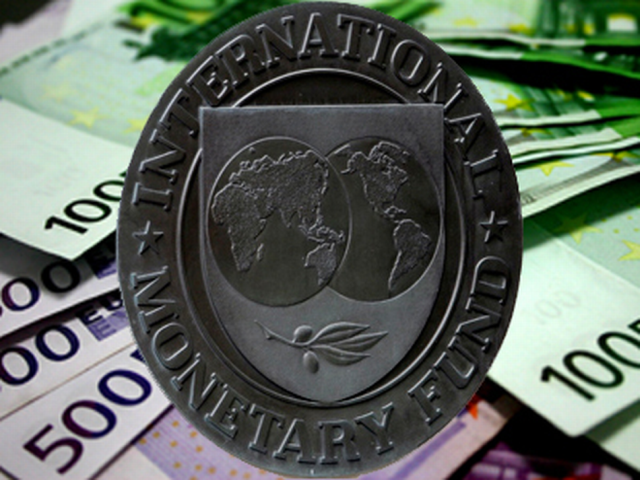Economic missions in Bucharest
A European Commission delegation is in Bucharest to assess Romanias current financial programme in Romania.

România Internațional, 16.06.2015, 14:04
A European
Commission delegation is in Bucharest as of Tuesday to assess the situation of
the Romanian economy. Finance Minister, Eugen Teodorovici, pointed out that the
result of the talks was essential for the coming to Romania of an IMF mission
on July 15. The European Commission representatives are interested in assessing
the evolution of structural reforms, the streamlining of the transport and
energy sectors, a process that is still lagging behind, the way in which the
professional management system was applied in the state-owned companies, as
well as the stage of listings and of the privatisation process.
Another issue to be
discussed is related to the relaxation measures laid down in the new Fiscal
Code, with focus on their impact on the observance of the medium-term target
regarding the budget deficit assumed by Romania as part of the ongoing
precautionary agreement which is to end in September. In late May, a technical
mission made up of representatives of the IMF, the European Commission and the
World Bank was in Bucharest for talks on the same topic.
The IMF recommended
to the Government to adjust the fiscal relaxation measures, since the cut in
expenses to compensate for those measures will not be enough to cover the
significant gap in the budget revenues starting in 2016. Then, the Government
insisted that Romania needed fiscal relaxation, a fact acknowledged by
international financiers, who want guarantees, though, related to the
observance of the budget deficit target assumed.
Early this month the
IMF representative to Bucharest, Guillermo Tolosa, said that the draft Fiscal
Code which is currently being debated by Parliament would have to be revised
significantly because, the current form would not allow the Government to reach
the established budget deficit targets. Tolosa said there were heated debates
also regarding the structural reforms, mainly in the energy sector, which
reports big losses.
The
ongoing precautionary agreement is the 3rd Romania has asked from
the IMF since the start of the economic crisis in 2009. The agreement was
concluded in September 2013 for a period of 2 years and is worth almost 2
billion Euros. The authorities announced they wanted to successfully finalise
the current agreement and would then make a decision regarding the continuation
of the partnership with the IMF in the context in which Romania is stable from
a macroeconomic point of view and borrows money from the international markets
at relatively small costs.






























